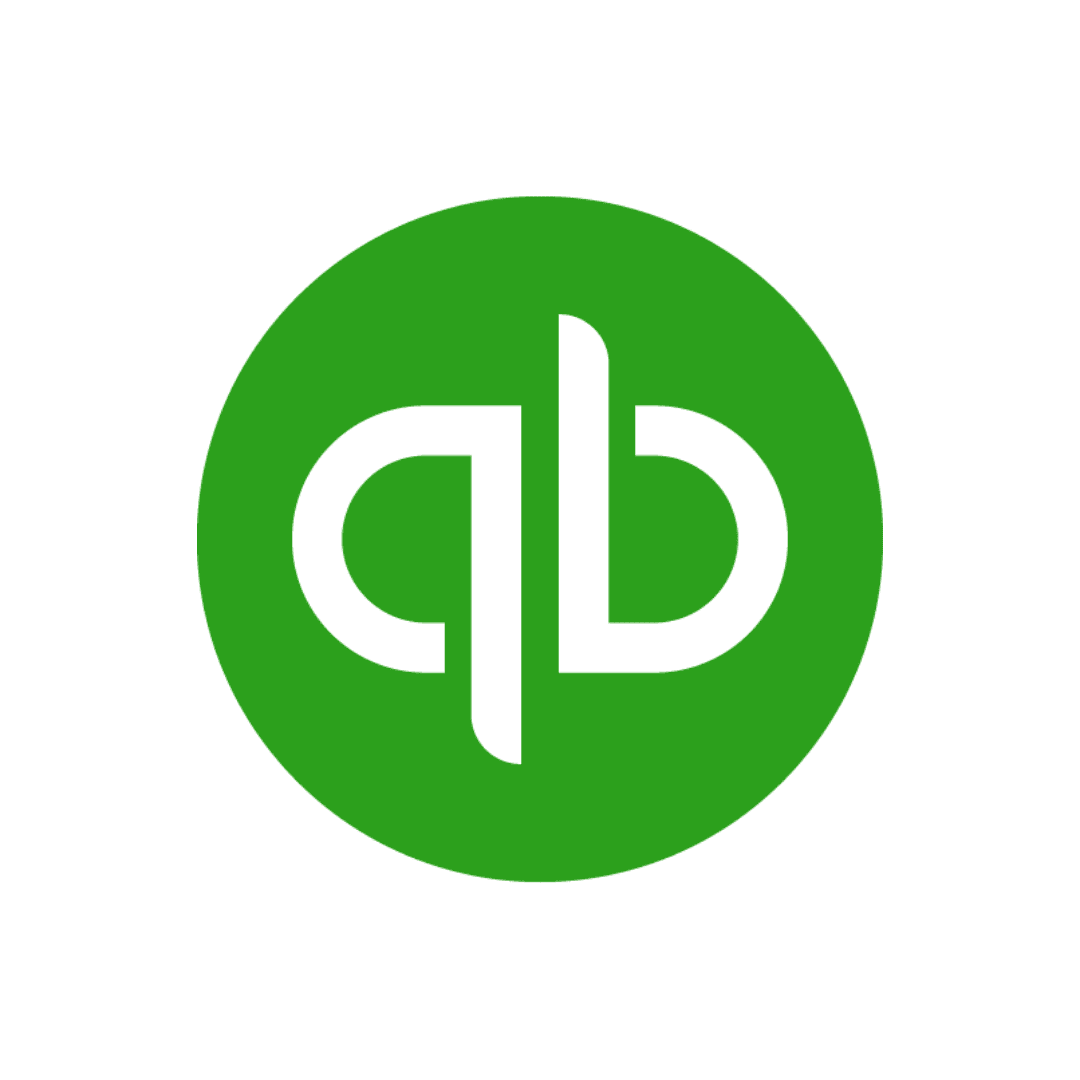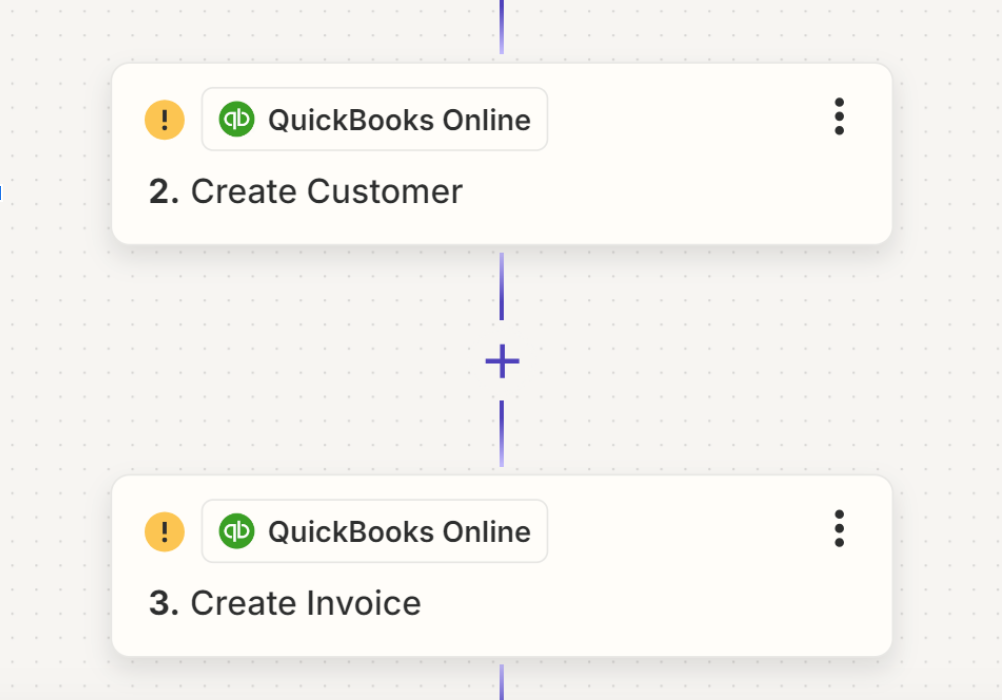5 Accounting Basics for Small Business Owners
Hey there, small business owners, it’s time to learn about accounting basics! As we all know, accounting can be an overwhelming and oftentimes a boring task. However, it’s definitely not something that can be ignored if you want your business to be successful. We’ve narrowed down five basic principles that all business owners should follow.
1. Keep your business and personal finances separate
Your accountant may be a superhero, but they can’t work magic, so try to keep your personal funds out of your business transactions. This one might seem like a no-brainer, but when it comes to accounting, cash is the worst kind of payment method since there’s no proper record of the transaction.
2. If you do use cash, keep your receipts
There’s nothing worse than having a business expense and not being able to prove it. This means lost money and frustration for both yourself and your accountant. If you have digital receipts, create a folder for all of the pdfs so they don’t get lost in your hard drive, and remember to always save those pesky pieces of paper.
3. Incorporate into a formal business
Doing this is like getting a stylish new pair of glasses – it makes your vision clearer..legally-speaking. Incorporating your business helps to clarify your business vision, goals, and legal obligations in a formal way. This way, you can focus more on the growth of the business rather than worrying about legalities.
4. Learn to read your financial statements
This means you need to be able to glance at a
balance sheet, income statement, or
cash flow statement in order to make informed choices. This ability also allows you to understand your
hiring, cash flow around large business purchases, and the need to downsize or grow. Don’t be afraid to use your resources or ask for help if you need it!
5. Know your AR (accounts receivable) & get invoices paid!
This way, you won’t be left wondering if your clients owe you money or not. Collecting past dues from clients is a struggle all business owners face, and there’s no secret to getting them to pay up. However, maintaining good communication and reminders can make all the difference.
There ya have it -
five accounting basics
for all you small business owners out there. Remember, don’t let accounting be a bore -
embrace it
and your business will thank you!
Other Blogs Related to Small Business Accounting





